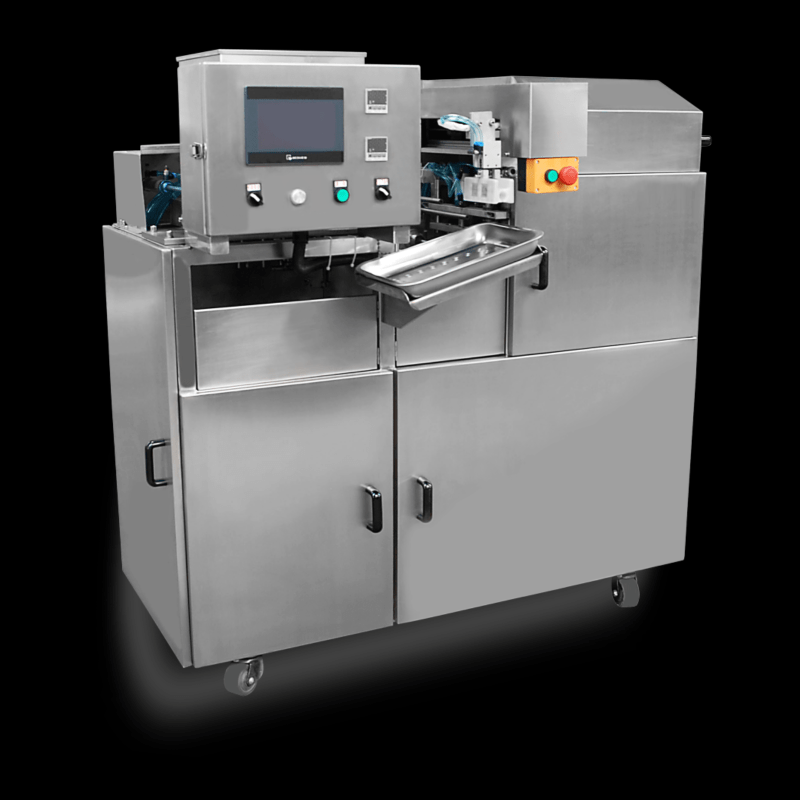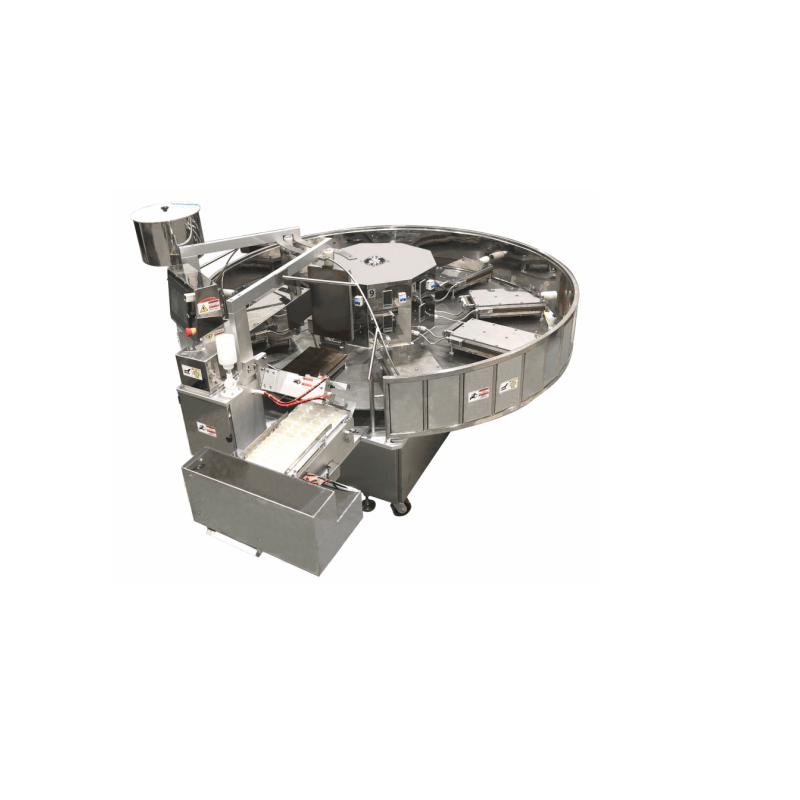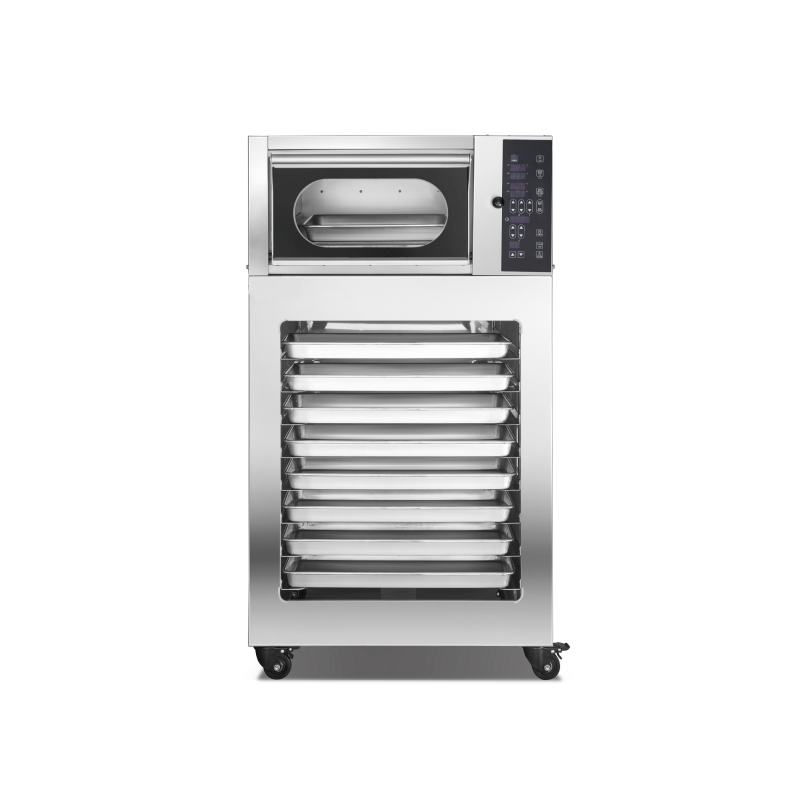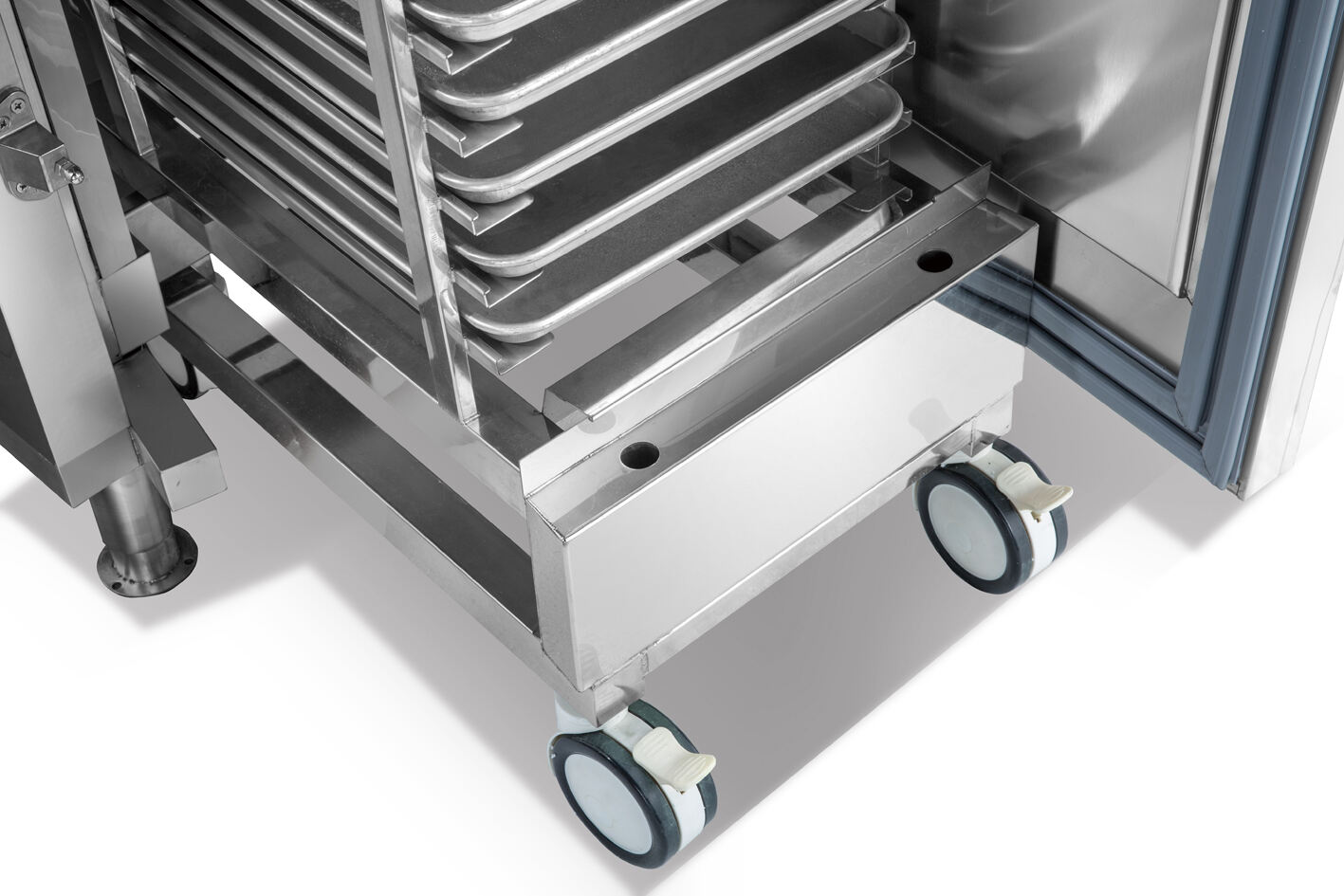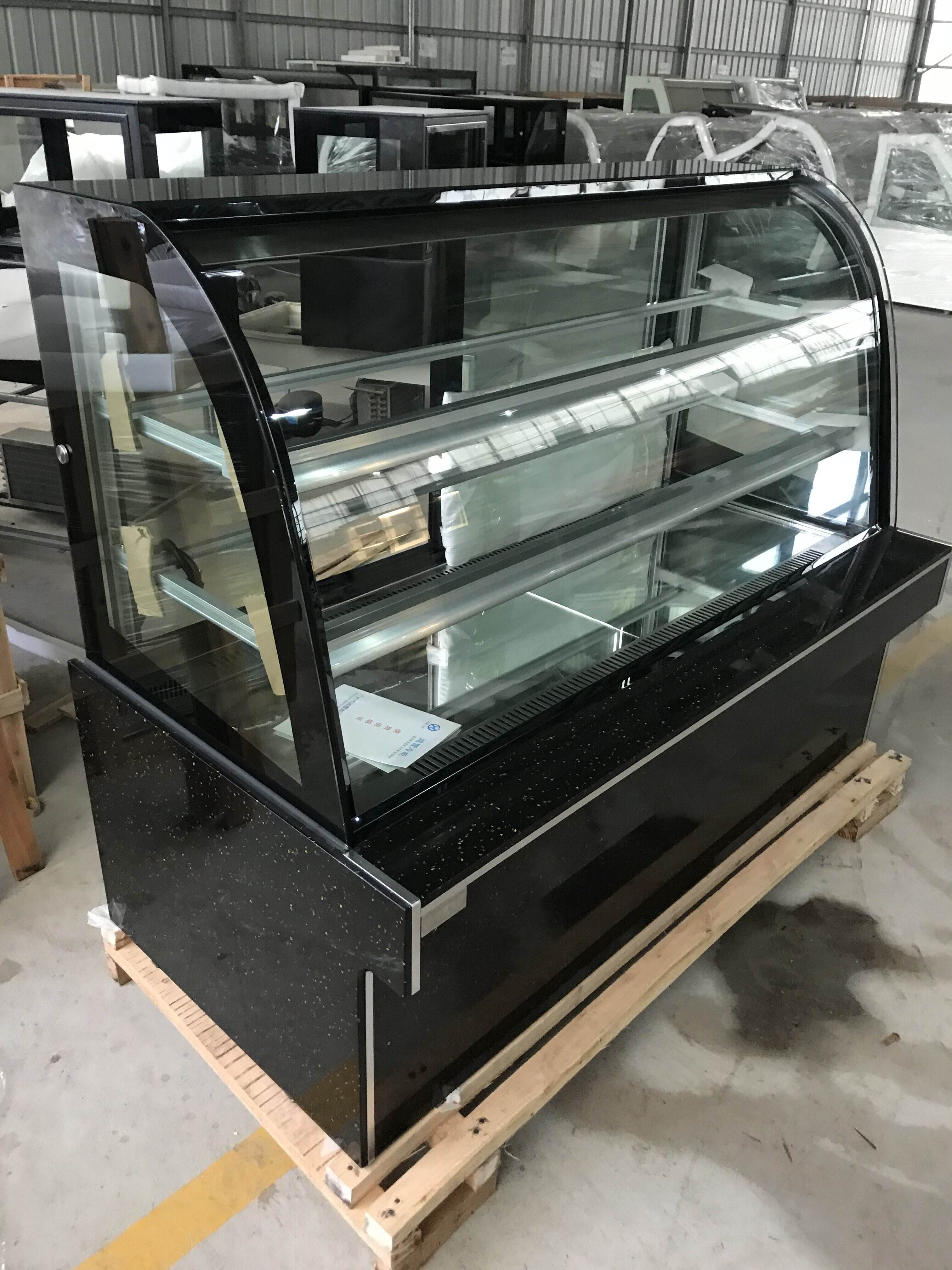- Главная страница
- О Нас
-
Продукты
- Оборудование Для Выпечки
-
Подготовка Еды
- Смеситель Для Еды
- Погружной Блендер
- Спиральный Меситель
- Охладитель Воды
- Листовочный Аппарат
- Разделитель Теста
- Пресс Для Теста
- Пицца-Листовочник
- Формовщик Теста
- Резчик Хлеба
- Аппарат Для Приготовления Торта
- Мясорубка
- Рубилка Мяса
- Пила Для Костей
- Устройство Для Приготовления Фрикаделек
- Машина Для Наполнения Колбас
- Машина Для Заполнения
- Резчик Дыни И Фруктов
- Резка Продуктов
- Машина Для Мытья И Очистки
- Машина Для Сока Из Сои И Тофу
- Электрическая Мельница Для Зерна
- Пресс Для Сахарного Тростника
- Кипятильник Воды
- Машина Для Запечатывания Кубов
- Стерилизатор
- Упаковочный Аппарат С Вакуумом
-
Кухонное Оборудование
- Группа Кухонного Оборудования Напольного Типа
- Группа Кухонного Оборудования Для Размещения На Столешнице
- Фритюрница
- Сковорода-Гриль
- Газовая Горелка
- Машина Для Шашлыков
- Барбекю
- Вертела
- Подогреватель Еды
- Приспособление Для Варки Риса
- Бан-Мари
- Экспонирование С Подогревом
- Гриль Для Хот-Догов
- Тостер Для Хлеба
- Паровой Шкаф
- Индукционная Плита
- Теппаняки
- Маринатор
- Чипсовая Машина
- Бургерный Автомат
- Машина Для Сахарной Ваты
- Попкорн Машина
- Гриль Для Рыбных Гранул
- Сделай Вафли
- Фритюр Для Донатов
- Машина Для Крепов
- Подогревающий Поднос И Освещение
- Машина Для Донатов
- Рисоварка
- Растопитель Шоколада
- Электрический Кастрюля Для Супа
- Оборудование Для Хранения
- Оборудование Для Бара
- Нержавеющая Сталь
-
Производственная Линия
- Линия Обработки Апельсинов
- GL-12 Машина Для Ручного Приготовления Блинчиков
- GL-06 Машина Для Ручного Приготовления Блинчиков
- Машина Для Формирования Роллов Из Морской Капусты
- Автоматическая Машина Для Феникс Роллов
- Автоматическая Машина Для Роллов С Яйцом
- Автоматическая Машина Для Омлета Guijiabei
- Линия Производства Газовых Вафельных Роллов С Яйцом
- Линия Производства Мягких Вафель В Восьми Режимах
- Европейская Автоматическая Линия Производства Блинов
- Линия Производства ShaQima
- Автоматическая Линия Производства Мини-Паровых Булочек
- Автоматическая (9-Форм) Линия Производства Роллов С Яйцом
- Барменский Бар Серия Настраиваемых Баров
- Серия Настроечных Обеденных Плит Для Отелей
- Белье
- Посуда
- Посудомоечная Машина
- сервис
- Новости
- Свяжитесь с нами

